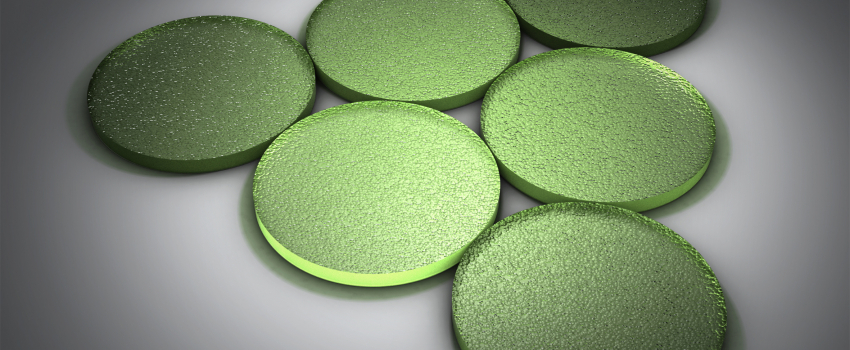
Skin maceration enzymes - Impact on thiol content of Sauvignon Blanc
Publiée le 26/11/2020 10:43Grape compounds such as pectin, hemicelluloses, celluloses and glucans can impact the winemaking process, cause product loss and increase costs and time.
Specific enzymes such as pectinases, hemicellulases, cellulases and β-glucanases can help overcome these problems resulting in a smoother and more efficient process.
Glycosidases are specific enzymes able to increase the primary aroma of wine. Typically, oenological enzyme preparations include a mix of several synergic activities in order to have a more efficient winemaking process.
The advantages of using enzymes are qualitative (more aroma, less must turbidity, more color and polyphenols, more polysaccharides) or quantitative (more yield, less waste, more compact lees, easier and faster processes).
Maceration enzymes are used for skin maceration of different varieties to extract as much as the grapes have to offer.
Lallzyme Cuvée Blanc™ was developed by Lallemand and has been studied extensively and used successfully by winemakers for many years. The success and efficiency of this formulation is its high activity, for white grape fast maceration and aroma complexity.
Lallzyme Cuvée Blanc™ is a special formulation with the ideal proportions and combination of high pectinase activities and very specific macerative activities, able to extract aroma precursors (thiols, terpenes, norisoprenoides) with a soft and very selective action on other skin compounds, like tannins. Lallzyme Cuvée Blanc™ contains a small, balanced fraction of glycosidase activities, with the effect of releasing the aglycone from aroma precursors (terpenes, norisoprenoides), for an increased overall aroma complexity.
Improving Sauvignon blanc sensory profile
Results obtained in several trials conducted with Lallzyme Cuvée Blanc™, show that the wines where Lallzyme Cuvée Blanc™ was used resulted in a sensory profile most appreciated by the tasters.
The chemical and fermentative parameters remain unchanged but the level of thiols is significantly higher when this enzyme is used during maceration.
Lallzyme Cuvée Blanc™ enhances the extraction of thiol precursors in order to obtain more aromatic wines.
Lallzyme Cuvée Blanc™ can be part of the whole process from the vineyard to maximize aroma precursors formation with Lalvigne Aroma™, to pre-fermentation protection from oxidation with Glutastar™, and to facilitate the formation of thiols during alcoholic fermentation with Stimula Sauvignon Blanc™ with a proper Sauvignon Blanc yeast such as Sauvy™ or Lalvin MSB™ and protection of the final wine during storage and transport with Pure-Lees™ Longevity to the bottle for the production of a premium Sauvignon blanc with a great aromatic expression.


